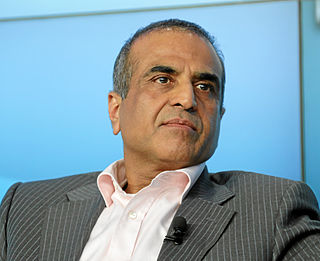A Quote by Jamal Khashoggi
Criticism of the Middle East should not be directed only at Saudi Arabia. Human rights abuses are happening throughout the Arab world.
Related Quotes
Sadly, a U.S. invasion of Iraq 'would threaten the whole stability of the Middle East' - or so Amr Moussa, secretary-general of the Arab League, told the BBC on Tuesday. Amr's talking points are so Sept. 10: It's supposed to destabilize the Middle East. The stability of the Middle East is unique in the non-democratic world and it's the lack of change in Iraq, Iran, Saudi Arabia, Syria, Egypt that's turned them into a fetid swamp of terrorist bottom-feeders.
I think no country is going to be immune from the Arab awakening because the Arab awakening is driven by deep human longing for dignity, for justice and for freedom. I think that applies to young people in Saudi Arabia as much as to young people in Egypt, Tunisia, or Yemen, or Libya, or Syria. If I were in Saudi Arabia, I would be getting ahead of this and looking for ways to appreciate those aspirations and align my country with them.
A decade ago, I lived in Saudi Arabia, in Riyadh, as the treasury attache to our embassy there, and I was, of course, on the ground in the Middle East whenever the Arab Spring started, and it's fast-forward a decade later, nine years later. It's hard to believe that I am still working on this issue. You know, here in the State Department.

































